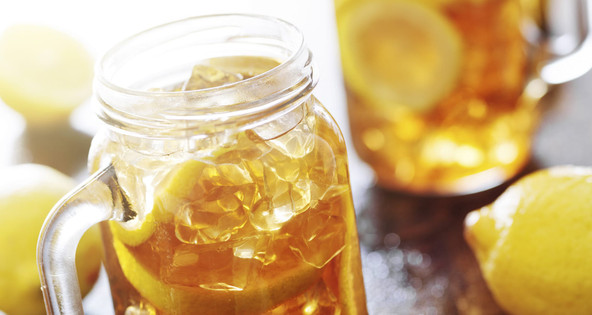Posted by Beyond Health on Nov 3rd 2025
Tea and Fluoride....Beware of Fluoride
Beyond Health's Green Tea Numerous studies continue to demonstrate the health-enhancing qualities of tea, particularly green and white tea. Unfortunately, tea has a downside. The tea plant accumulates more fluoride, from pollution of soil and air, than any other edible plant, and fluoride is a dangerous toxin. This is why choosing which brand of tea you drink is very important. Because tea accumulates fluoride, the fluoride in tea can be much higher than the Maximum Contaminant Level (MCL) set for fluoride in drinking water, which is 4 mg per day. The fluoride content in tea has risen dramatically over the last 20 years, along with tea consumption, and is now off the charts in many cases. A Canadian study found an average of 7.8 milligrams of fluoride in one cup of black tea! British and African studies from the 1990’s showed a daily fluoride intake of between 5.8 mgs and 9 mgs a day from tea alone. This is truly excessive and will damage health. Making matters worse, fluorides…
read more Fuel your life with the purest vitamins
Fuel your life with the purest vitamins









